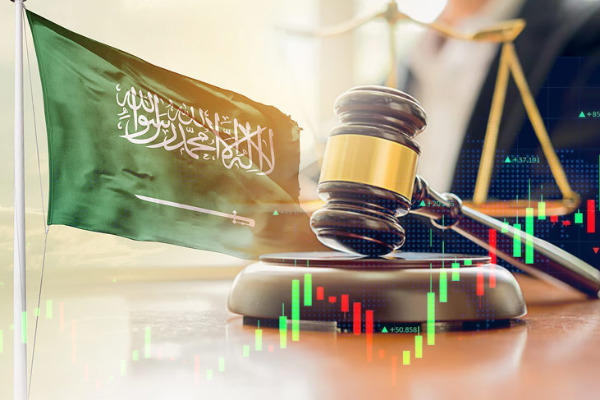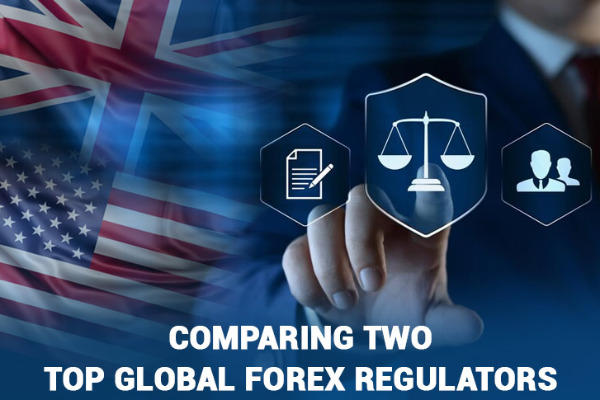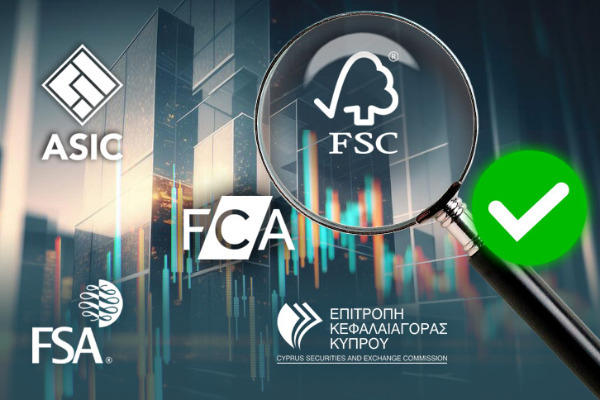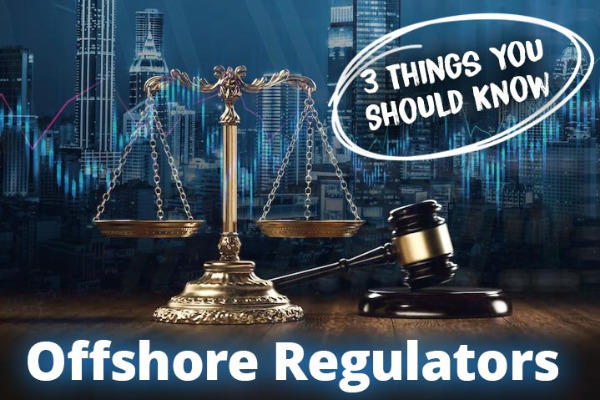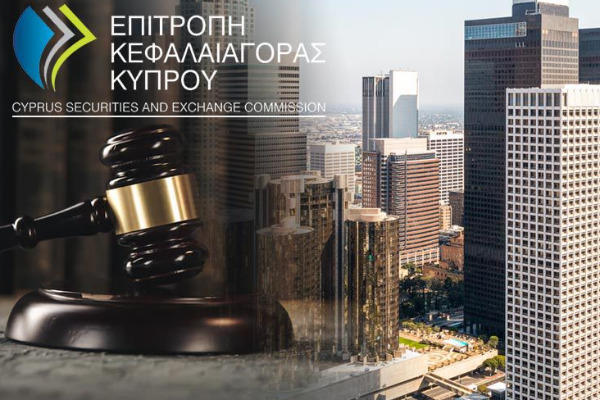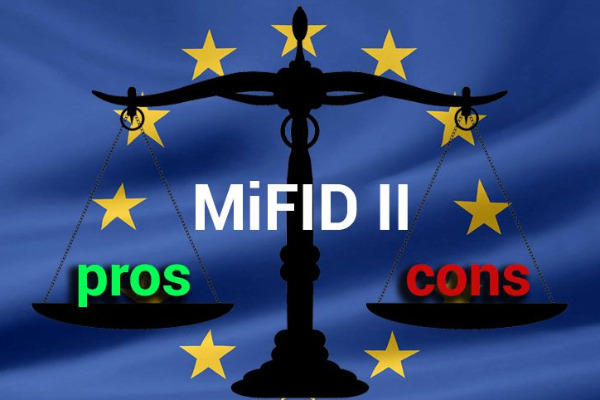There are two types of answers to the question, each for forex brokers with and without negative balance protection.
In normal circumstances, forex traders may suffer a certain amount of losses. However, their balance could not possibly down to negative territory either due to stop losses that were placed by the traders themselves or stop out feature that was set up by the brokers. Still, negative balance may occur in extraordinary circumstances.
In an otherwise ordinary Thursday in January 2015, the Swiss National Bank suddenly scrapped its currency peg of 1.20 to the euro. This announcement turned into a debacle of gigantic proportion for people who had previously sought after the CHF under presumption of safety and stability. CHF traders accounted for a large proportion of those hardest hit. More specifically, forex traders that suffered negative balance in the aftermath and their brokers came after them to collect the money they owe.
Such situation is rare, but not impossible to occur again in a leveraged-trading environment. Consequently, there are a lot of traders who seek to know whether their own forex broker will sue them for negative balance. After all, who wants to face enormous debt with legal action on top of losing all of their money in the market!?
Following the CHF-related Black Thursday, several forex brokers were quick to reassure their traders that they had established a "negative balance protection" policy. But this measure was not taken by every forex broker. Therefore, there are two types of answers to the question of "will forex broker sue us for negative balance?"; each for brokers with and without negative balance protection.
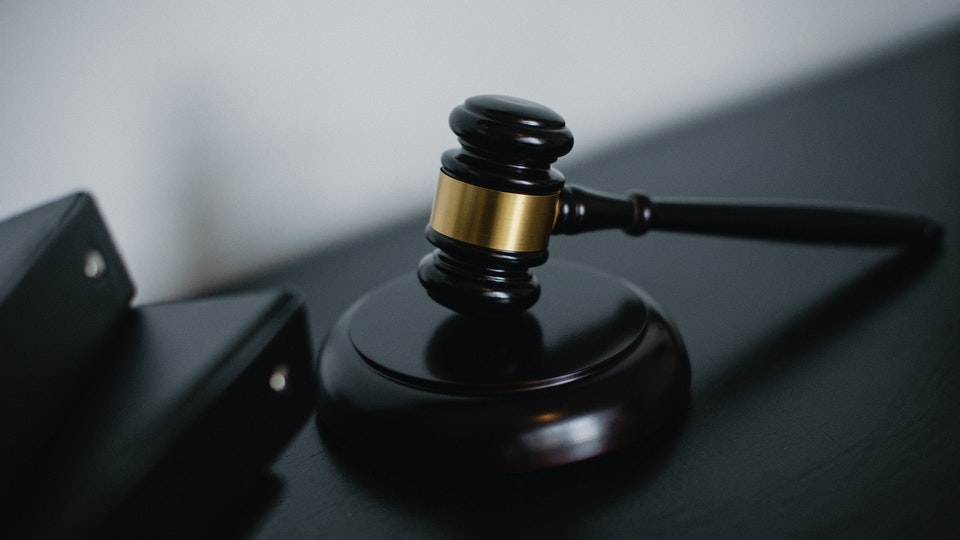
Negative Balance Protection Brokers
Negative balance protection policy implies forex brokers' willingness to forgive negative balance under any circumstances. In case negative balance occurs, trader's own balance will be zero-ed and the broker will not sue them for money owed. Negative balance protection ensures the trader would not lose more money than deposited.
In the following years, negative balance protection remains as one of the most sought-after features among traders. Several brokers that provide it, among others: XM Group, IC Markets, FXPro, AVATRADE, HotForex, Exness, OctaFX, XTB, City Index, Admiral Markets, Tickmill, IG, Pepperstone, Markets.com, Plus500, and eToro.
There are arguments that forex brokers who provide negative balance protection are market makers. Regardless, several brokers mentioned above provide ECN accounts as well which would still be favorable for professional traders. On the other hand, market makers could also be forex brokers without negative balance protection.
Forex Brokers Without Negative Balance Protection
Obviously, forex brokers unwilling to provide negative balance protection would not advertise themselves as such. One of the more obvious characteristics is that they do not discuss negative balance in trading terms and conditions or trading policy documents. But you have to read numerous documents to know that.
It would be easier to ask Customer Support (CS) on what their company would do in case of negative balance. Still, this option would only work if we could believe in what the CS says. Or else, you could depend on traders' forums to tell you whether certain forex brokers have sued traders before.
Several threads in Forex Factory will tell you what more experienced traders have found. Among others:
- OANDA operates under several different entities. Unless you trade with OANDA Europe Ltd that provides negative balance protection, you may lose more than you invest (read more: Everything You Need to Know about OANDA Negative Balance Protection).
- LMAX requires traders to pay money owed under negative balance within a day. Otherwise, they will charge interest on the amount due.
Further examination would reveal that US and UK forex brokers could legally sue traders to return money owed in absence of negative balance protection. However, it is another matter entirely whether we have to pay them.
Forex traders who reside in the same jurisdiction with their brokers may receive court summons and property seizures in case they fail to pay. This is particularly relevant for US and UK traders who had to deal with strict legal and financial measures. However, forex traders who live in Asia, Africa, and so on, could go scot-free because of their brokers' inability to sue them legally across different jurisdictions.
So, what could we conclude? First, it is important to choose forex brokers with negative balance protection in order to avoid legal debacle due to negative balance incidents in the future. Second, it is important to read the fine prints on trading terms and conditions provided by your broker. A lot of problems could be avoided as easily as taking careful steps in choosing your broker.

 Dedicated FREE FOREX VPS
Dedicated FREE FOREX VPS Free FOREX Virtual Private Server
Free FOREX Virtual Private Server MT4 Demo Contest, Get $500
MT4 Demo Contest, Get $500 Sign Up for an Account, Claim 60% Deposit Bonus
Sign Up for an Account, Claim 60% Deposit Bonus Free MT4/MT5 VPS 2024
Free MT4/MT5 VPS 2024 Send E-mail and Get Free Merchandise
Send E-mail and Get Free Merchandise $1K Refer a Friend Bonus for Pepperstone Pro clients
$1K Refer a Friend Bonus for Pepperstone Pro clients Maximize Your Earnings with 100% Deposit bonus
Maximize Your Earnings with 100% Deposit bonus Trade to Win, $5,000 Monthly Demo Contest
Trade to Win, $5,000 Monthly Demo Contest Claim 30% + 15% Deposit Bonus from LiteFinance
Claim 30% + 15% Deposit Bonus from LiteFinance
